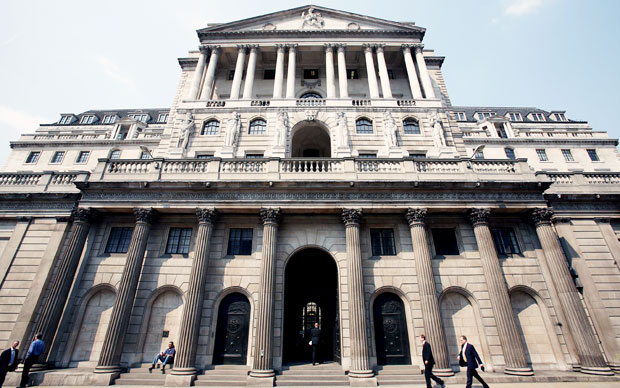I don’t know about Donald Trump’s press conferences, but there are certainly enough ‘alternative facts’ being spewed out by the Remain lobby. This morning the Office of National Statistics (ONS) produced its first estimate for economic growth in the last quarter of 2016. It came out at 0.6 per cent, a notch up from the 0.5 per cent which analysts had been expecting and putting annual growth at 2 per cent. We can no longer claim to be the fastest-growing economy in the G7 as annualised growth in a booming US has accelerated to 3.5 per cent. Moreover, the ONS’s figures are provisional. But we can certainly claim to be the fastest-growing major economy in Europe – and it is quite clear that the forecasts made by the Treasury and many others for economic doom in the event of a Brexit vote were not just wrong; they were catastrophically so.
Not that you would necessarily realise this if your only sources of news were the Guardian and the BBC. Both seem trapped in a recession entirely of their own imagination, in which genuine, good news on the economy is sketched-over while spurious forecasts of doom continue to reported on a daily basis. Click onto the Guardian website this morning and you will find a story on the ONS figures but you will also be greeted by such headlines as: ‘Sharp slowdown expected in 2017’ and ‘Brexit economy: weak pound stokes inflation and jobs market cools’. The first was based on forecasts by the IMF and the EY Item Club which predict economic growth in 2017 of 1.5 per cent and 1.3 per cent respectively. Only reading between the lines do you realise that the EY Item Club has actually increased its forecast for growth in 2017 from 0.8 per cent last October and from 0.4 per cent last July as it rapidly unwinds its prediction of a short, sharp shock from the Brexit vote.
The second story is based on the Guardian’s own basket of post-Brexit economic indicators. ‘The dashboard for January shows worse than expected performance in four of the eight categories,’ it says. Expected by whom and when, exactly? Given that the Treasury last May predicted deep recession in the event of a vote for Brexit (GDP up to 6 per cent lower after two years than if we hadn’t voted for Brexit), and that many others predicted similar doom, it is hard to make a case that any economic indicators are really ‘worse than expected’.
One of the negative indicators claimed by the Guardian is CPI inflation. Fair enough, CPI has risen sharply over past months, yet at 1.6 per cent it is still 0.4 per centage points below the Bank of England’s target. Is it really bad news that inflation has moved closer to the official target? Only a year ago the paper’s columnists were fretting about the ‘damaging phenomenon of deflation’ as CPI sank. The Guardian piece also states: ‘among the more downbeat measures in the latest dashboard, the housing market lost momentum at the close of 2016, with property price gains easing and fewer sales.’ That isn’t what the Halifax House Price Index suggests – in December it recorded annual inflation of 6.5 per cent, up from 6 per cent in November. But even if house prices really were faltering, why would that be a bad thing, given that almost every day the Guardian runs pieces about unaffordable housing?
To adapt the Guardian’s favourite adage: comment is free, but alternative facts are sacred.







Comments